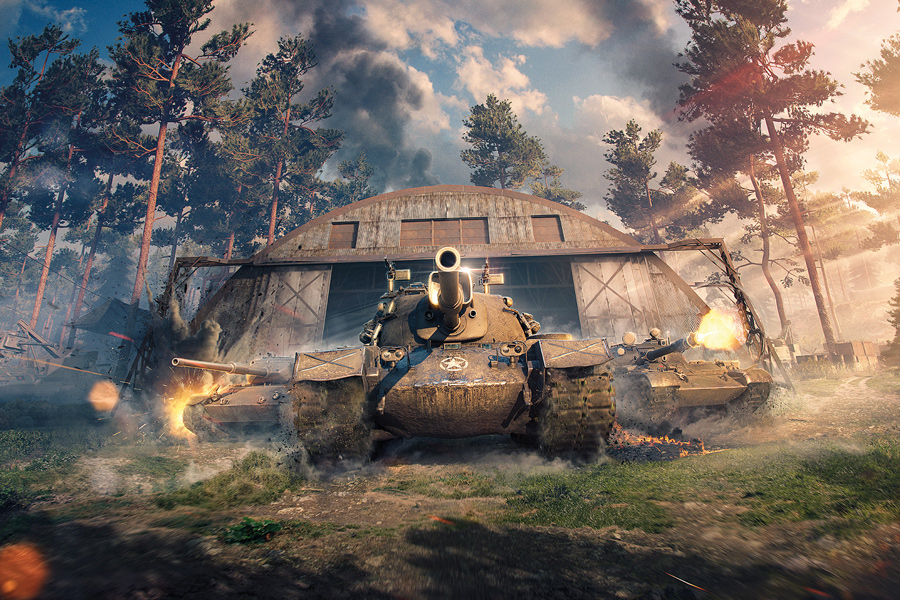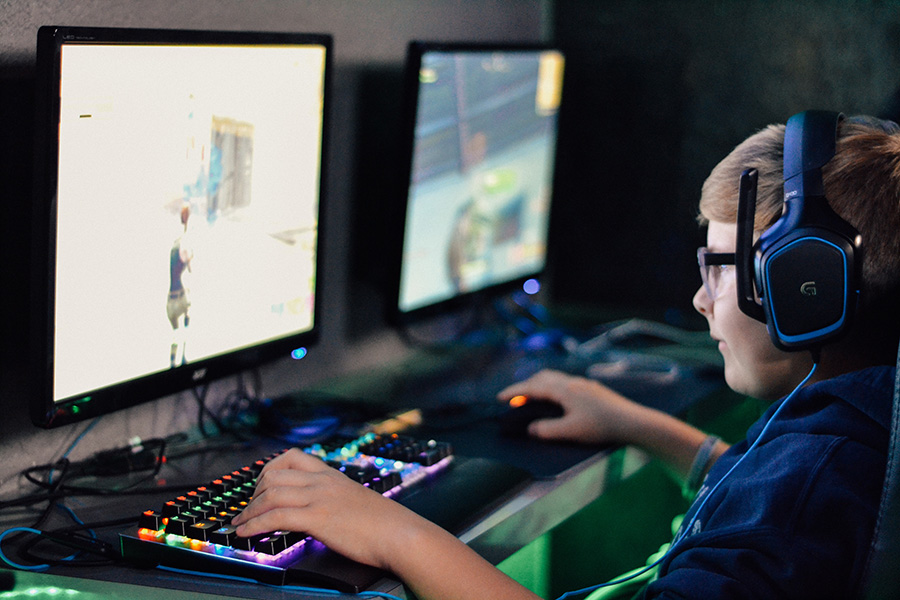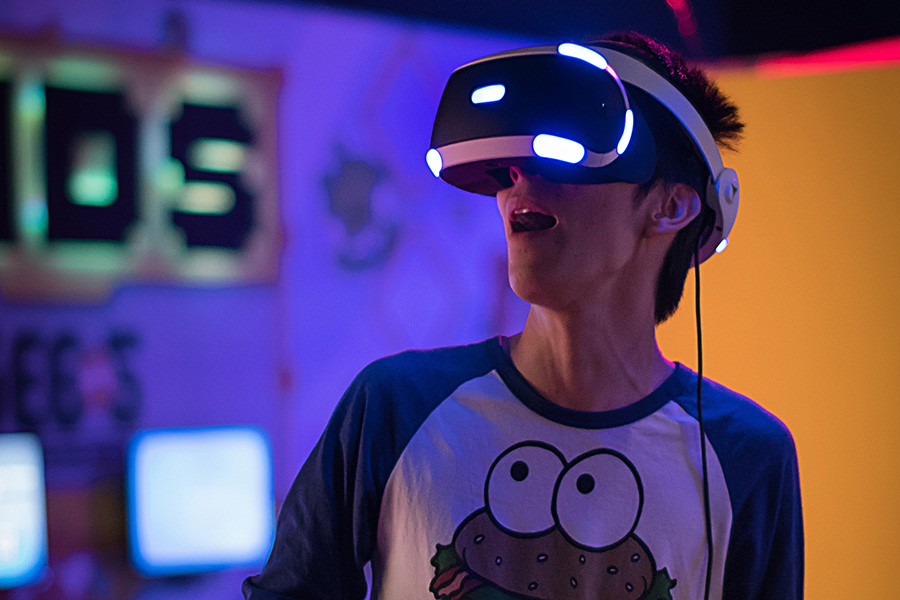
Ever since the release of the first consoles in the 1970s, video games have transformed home entertainment and helped turn technologies such as personal computing, smartphones and the Internet into essential features of everyday life. Now the gaming industry stands on the brink of another revolution, with Artificial Intelligence (AI), Virtual Reality (VR) and 5G mobile poised to unleash a new era of innovation.
Victor Kislyi, the Minsk-born chess prodigy who founded Wargaming and created legendary games such as World of Tanks and World of Warships, discusses how the industry is developing new narratives for the latest generation of computers, consoles and smartphones, feeding the growing appetite of hundreds of millions of gamers around the world.

How are new technologies impacting gaming demand?
The development of computer games echoes the development of books. Books used to be inaccessible and very expensive but became cheaper and more popular with the invention of printing technology. The same trend is now happening with computer games: The easiest and most accessible way to play games now is on a mobile phone. Everyone today is carrying a super computer around with them in their pocket 24/7. This means that everyone can play mobile games, even without an Internet connection.
How is the profile of the average gamer changing as a result?
Whereas years ago gaming was seen as a geeky hobby, now it has become part of our daily life. Every kid is a gamer now. But it is not only young people who are gamers: At Wargaming we are tailoring certain games to older audiences, such as the 35+ segment. As session-based games develop, more and more people are taking up gaming. Everyone can afford to spend five minutes playing a game on the bus or train to work.

How do you see the industry developing in the future?
Gaming is moving online, so gamers can download games from the Internet, but consoles will not go away. Consoles and mobiles are not taking share from each other. Gaming is a bigger market than Hollywood and the music industry and is moving toward $200 billion a year. As a content creator, it is Wargaming’s job to create global phenomena for all types of hardware.
“In our games we are prioritizing connectivity, speed and immersion.”
Victor Kislyi, CEO and Founder, Wargaming
How do today’s high-tech games compare to classic games such as chess?
In the Soviet Union, chess was like a religion. My father sent me to chess school when I was seven and I spent seven years there. Chess is a fantastic game that is over 1,500 years old. It is like a gym for your brain. Computer games are more accessible than chess, but chess has many valuable lessons to offer. Like chess, computer games are designed to test your brain and develop your strategic and tactical skills.

How are you preparing for technological change at Wargaming?
No one knows where the next disruptive breakthrough will come from. We know that at some point in the future, AI and VR will be in every home, but we are not sure when that will be and what form it will take. We will adapt to the future as and when it happens.
In any competitive business, success comes down to the people. It is the artists, the designers and the game producers who make a company flourish. At Wargaming we are passionate about games and we invest a lot in R&D, prototyping our methodology and testing our games with consumers.

We are also investing where the talent is and have opened a new studio in Guildford, near London, where talented developers from around the world are already working on a new multiplatform title![]()
As published in TIME magazine































